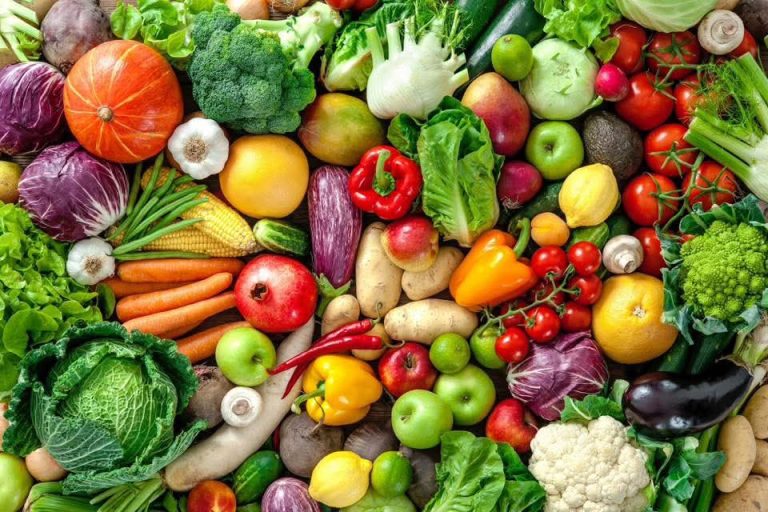A food systems consultant, Dr. Olapeju Phorbee, has urged Nigerians to prioritize safe, healthy, and diverse diets while warning against the dangers of consuming expired or unsafe food products.
Phorbee gave the warning during a two-day workshop on Nutrition and Food Systems Reporting and Advocacy, organized by the Global Alliance for Improved Nutrition (GAIN) and Nigeria Health Watch in Abuja on Wednesday.
The workshop, themed “Strengthening Capacity of Media Professionals for Nutrition and Food Systems Reporting and Advocacy,” aimed to equip journalists with essential skills to report effectively on nutrition and related food policy issues.
Phorbee, who is also the Chief Executive Officer of the Food Agricultural Nutrition Network (FANN), said food should be regarded as the first form of medicine for maintaining good health.
“Food is medicine. If people don’t take food as medicine, medicine will become their food.
Safe, healthy, and diverse nutrition should be a top priority in every Nigerian household,” she said.
She warned that consuming expired or unsafe food, even in difficult economic times, could cause serious health complications, stressing that hunger should never justify risking lives.
“People are hungry, and they take whatever is given to them. These vulnerable individuals often have no choice. That’s why we must protect them from unsafe food,” Phorbee added.
She emphasized that eating unsafe food could cause greater harm than temporary hunger, urging Nigerians to prioritize food safety over desperation.
Phorbee also called for stricter oversight and accountability in the distribution of food palliatives, especially those provided by government agencies and donor organizations to vulnerable groups.
She described the circulation of expired or unsafe food as a breach of public trust and a “silent but dangerous threat” to national health security.
“It’s better to go hungry than to eat unsafe food. Those distributing food aid must stop sharing expired products,” she cautioned.
According to her, all social intervention programmes must strictly comply with Nigeria’s Food Safety and Quality Standards to ensure the nutritional value and safety of distributed food items.
Phorbee warned that the distribution of unsafe food not only undermines humanitarian efforts but also worsens malnutrition and increases the risk of disease outbreaks in low-income communities.
“If palliatives must be shared, they must be safe and nutritious. We cannot continue to justify endangering lives simply because people are hungry,” she said.
Highlighting Nigeria’s rich food diversity, Phorbee noted that the country had sufficient local resources to support healthy living if existing food systems were properly harnessed and managed.
“We have enough to live healthy lives if only we realize it. Safe, healthy, and diverse food must be a national priority. Again, food is medicine,” she reiterated.
She urged journalists to intensify public education on food and nutrition, noting that the media plays a crucial role in shaping national attitudes and raising awareness about healthy diets and safe food practices.


